Publications
Articles, publications, books, tools and multimedia features from the U.S. Institute of Peace provide the latest news, analysis, research findings, practitioner guides and reports, all related to the conflict zones and issues that are at the center of the Institute’s work to prevent and reduce violent conflict.
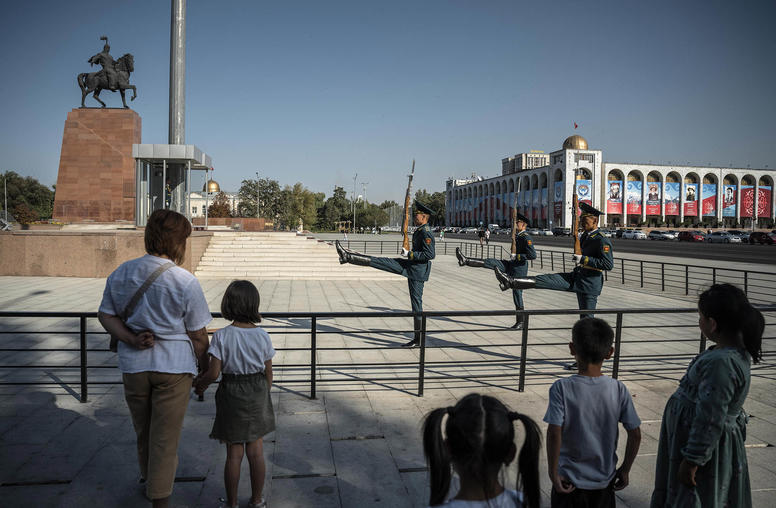
China Looks to Fill a Void in Central Asia
As the Group of Seven met at the end of last week in Hiroshima, Japan, China organized a summit with Kazakhstan, Kyrgyzstan, Tajikistan, Turkmenistan and Uzbekistan, marking a new chapter in Beijing’s engagement with the region. Central Asian states are looking for a new partner to help ensure their own security against domestic rebellions, as Russia’s war in Ukraine has limited Moscow’s ability to fulfill a longstanding role as a guarantor of domestic stability in the region. While most of the summit’s public discussion focused on economic and trade issues, China noted that it would help Central Asia enhance it’s law enforcement and security capabilities, which aligns with Beijing’s intensifying campaign for “global security.”
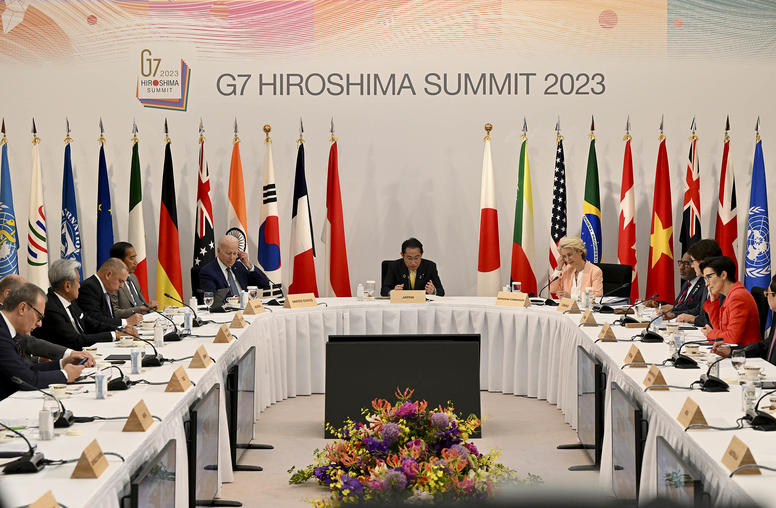
At the G7 Summit, Leaders Talk Tough on China but Moderate Tone
The major headline from this year’s G7 summit in Hiroshima was the appearance of Ukrainian President Volodymyr Zelenskyy and his push to end Russia’s war on his country. But another G7 concern, China, also featured prominently at the summit. While this year’s G7 leaders’ communique featured some more moderate language on China than last year’s, it also focused heavily on economic coercion, condemning a “disturbing rise” of the “weaponization of economic vulnerabilities” — a not too subtle jab at China’s economic statecraft. Still, even as U.S.-China relations remain tense, this year’s discussion of constructive engagement represents a shift more aligned with European and Japanese stances on how to deal with the challenges posed by China.
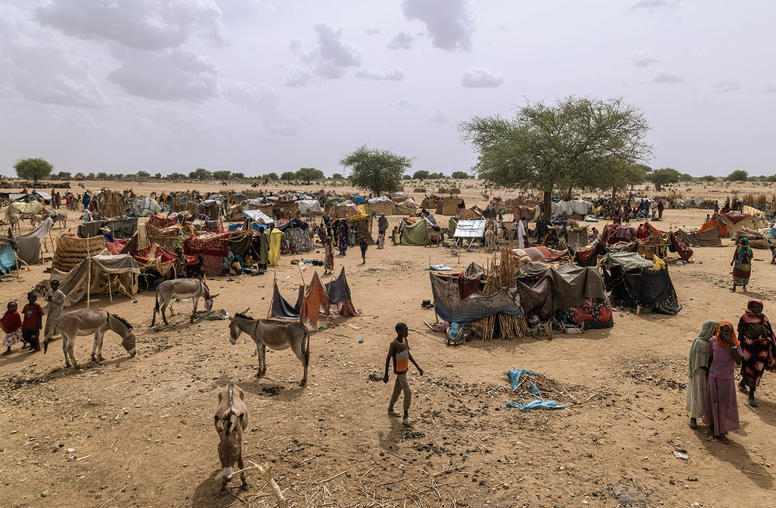
Sudan’s Crisis Offers New Lessons for Building Peace in the Sahel
Sudan’s five-week war has killed or wounded over 5,000 people, uprooted a million more — and reignited understandable frustrations over how U.S. and international policies can better prevent or respond to such upheavals. Amid heated policy debates, we should step back briefly to pinpoint lessons from this crisis that can improve our responses in Sudan and across the Sahel’s web of coups, insurgencies and extremism. Indeed, that task is urgent — both to address the complex evolutions in the region’s crises and to build support for smarter, steadier engagement, rather than a self-defeating retreat from the Sahel by global partners seeking democracy and stability.
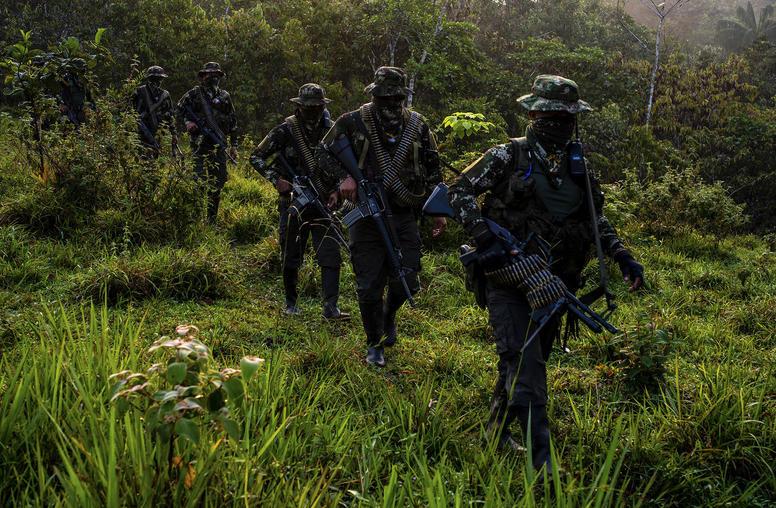
Colombian Civic Leader Offers a Grassroots Strategy for Peace
Nine months into new efforts by Colombia’s administration to achieve “total peace” with remaining armed groups following decades of civil war, that process should make room for the nation’s thousands of grassroots and community organizations to strengthen peace locally when the fighting stops, says a prominent civic leader from one of the country’s most violent regions. Stabilizing Colombia, where migration toward the United States and other countries soared last year, will require steady support from U.S. and international partners, said Maria Eugenia Mosquera Riascos, who helps lead a Colombian network of 140 civic and community organizations working to end violence.
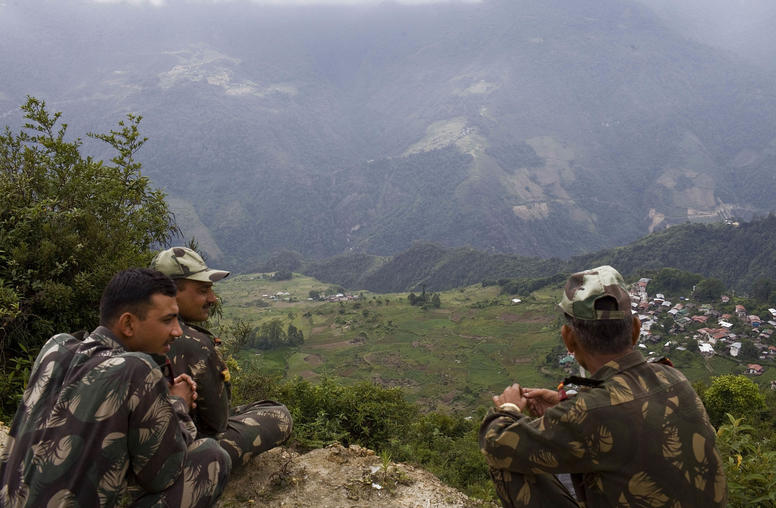
Why We Should All Worry About the China-India Border Dispute
The December 2022 clash between Chinese and Indian troops along the two countries’ 2,100-mile-long contested border — known as the Line of Actual Control (LAC) — highlights a worrying “one step forward, two steps back” trend. This brawl was the worst since 2020, when fighting in the Galwan Valley took the lives of 20 Indian and at least four Chinese soldiers. Although these clashes are often followed by dialogue and other steps to reduce tensions, both sides have increasingly militarized their border policies and shown no indication of backing down. And the situation on the border remains tense, as Beijing and New Delhi are hardening their positions on either side of the LAC, with the potential for escalation between the two nuclear-armed powers.

Dislodging Putin’s Foothold in the Balkans
The impact of Russia’s invasion of Ukraine on the Balkans can only be understood by considering Moscow’s malign influence in the region from a broader perspective. While Russia has specific objectives related to each individual country in the region, its overall objective is clearly to target the Western Balkans through a divide and rule approach, using multiple tools of influence. While the United States and its European partners focus on the war in Ukraine, Russia is taking the opportunity to nibble away at NATO’s borders and to sow discord in countries hoping to some day present a strong case for joining the European Union.
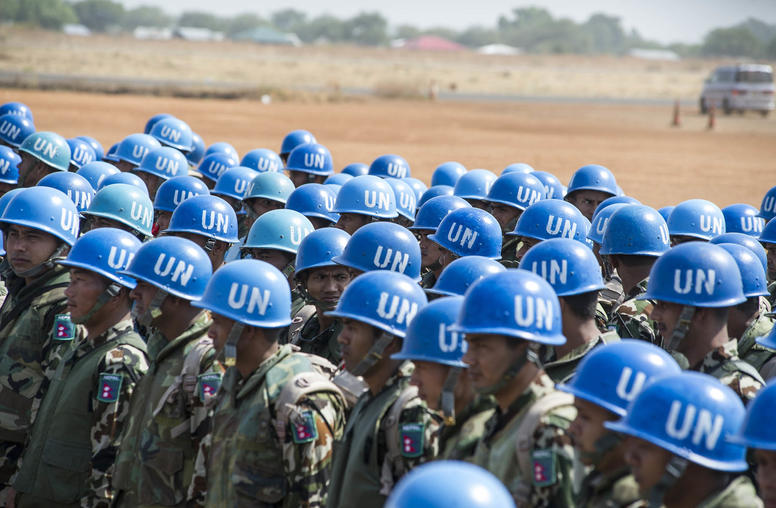
What’s Next for the Blue Helmet 75 Years Later?
When the 1948 Arab-Israeli War ended in a cease-fire agreement, the international community recognized that an independent monitoring mechanism offered the best chance of maintaining the fragile peace process. And so, 75 years ago this week, the U.N. peacekeepers were deployed for the first time. Their mission in that conflict would become the template for U.N. peacekeeping operations for decades to come: Bringing stability to tenuous and uncertain post-conflict environments.
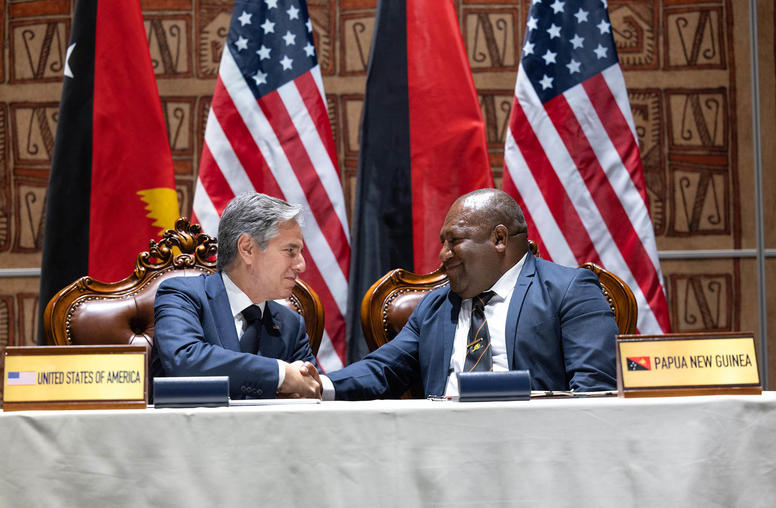
U.S. Strengthens Ties with Key Pacific Island Partners
The United States notched multiple diplomatic wins in the Pacific Islands region last week, making further progress in Washington’s efforts to step up engagement in this oft-neglected part of the world. In a move closely watched by Pacific nations, the United States signed deals to renew its economic assistance to Palau and the Federated States of Micronesia for the next 20 years. Meanwhile, although President Biden had to cancel his planned visit to Papua New Guinea, Secretary of State Antony Blinken inked a defense cooperation deal with the island nation in the president’s stead. While the region has become another arena for U.S.-China competition, Washington has long-standing relationships and interests there that go well beyond its rivalry with Beijing.
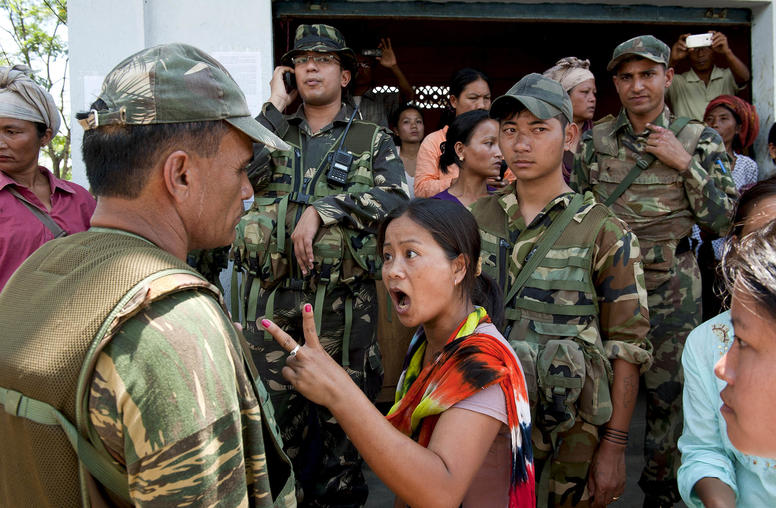
Understanding India’s Manipur Conflict and Its Geopolitical Implications
Since May 3, the northeastern Indian state of Manipur has witnessed repeated inter-ethnic clashes primarily between two local ethnic communities, the Meitei and Kuki. The violence has resulted in over 75 deaths and the burning of at least 1,700 buildings (including homes and religious sites). More than 35,000 people are currently displaced as well, with many now living in one of the 315 relief camps in the state. As the fighting continues, these numbers may also be rising.
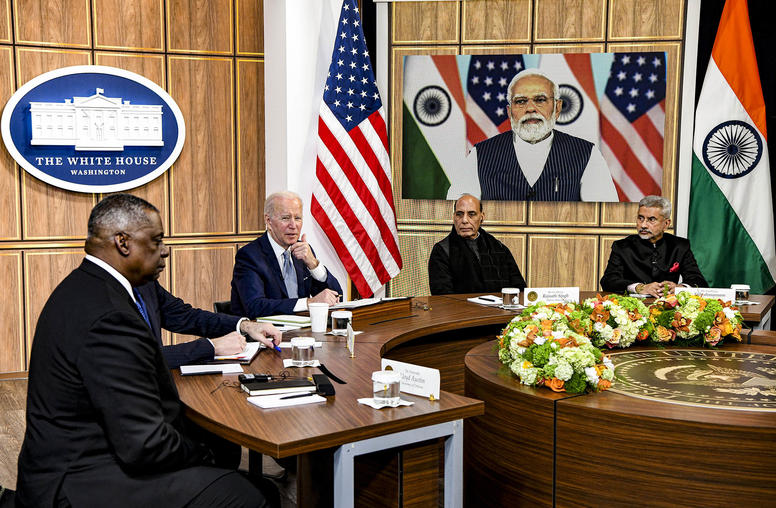
A Big Step Forward in U.S.-India Defense Ties
U.S. Defense Secretary Lloyd Austin’s arrival in New Delhi on Sunday comes at a critical moment, just two weeks before Prime Minister Narendra Modi’s State visit to Washington, DC. As with any ministerial visit, the secretary and his counterpart, Defense Minister Rajnath Singh, will take stock of recent successes and coming opportunities. They will discuss possible deliverables for the upcoming Biden-Modi summit. But the visit will be a true success if they dig into discussions of the kind of reciprocal expectations that can take the U.S.-India defense partnership to new heights.